
Treatment for Joint Pain and Stiffness: Home Remedies For Stiff Joints
Treatment of Joint Pain and Stiffness
Stiff joints is a symptom characterized by reduced mobility or impeded mobility of a joint.
It may occur in one joint or be present in multiple joints. But you don't have to suffer with stiff joints. This article outlines strategies you can start today to treat your joint pain and stiffness.
Joint stiffness caused by injury often has a sudden onset, while joint stiffness resulting from wear-and-tear damage or an underlying medical condition develop slowly and persist or worsen over time.
The duration and course of joint stiffness vary widely, depending on the cause.
You get stiff joints due to lifestyle factors, injuries, age, climate, stress, autoimmune diseases and many more things.
One of the best ways to fix your injuries is to combine bone broth with vitamin c before you exercise.
This will help increase collagen synthesis around your joints to rebuild cartilage. The absolute best bone broth for this is Bluebird Provisions Chicken Bone Broth.
Reading this article will equip you with home remedies and strategies to combat joint stiffness and pain.

You may get pain or stiffness upon waking up, in cold weather or throughout the day. It may be minor or so debilitating that it restricts your movement throughout the day. What a nuisance!
Read on to learn exactly how to treat stiff joints using natural foods, home remedies, exercises and a new loading strategy.
Use these powerful strategies to feel better and improve your day to day life.
What causes stiff joints pain?
1. Traumatic causes of joint stiffness
Sudden stiff joints may be due to an injury, while joint stiffness that develops and worsens over time may be due to an underlying disease or disorder (more on that below).
There are many trauma-based causes of stiff joints, including bleeding within the joint space (hemarthrosis), broken bones, dislocation of bones, fragments of bone or cartilage within the joint space, overuse injury, repetitive motion disorders, sprains and strains, stress fractures and arthritis.
2. Aging Joint Stiffness Symptoms
As you age, your joints may become stiffer and less flexible. This is because our joints only have so many movements in them.
Aging will gradually make your joints stiff, but it is rarely the sole cause. Our bodies are complex, and oftentimes there are many contributing factors to joint pain.
As we age, wear and tear on joints increases. If we are not moving properly then the cartilage that protects your bones wears down, which can lead to stiffness or even arthritis. Learn about nutrition strategies to reverse aging.
3. Morning Stiffness
Morning stiffness is caused by a lack of lubrication or a breakdown in your cartilage and collagen fibers.
There are ways to prevent or reduce morning stiffness, including getting enough sleep and gradual movement upon waking.
For example, don't just jump out of bed, that is a recipe for sore bones and joints. Once you wake up, do a quick body scan while in bed. What is feeling tight or sore?
Gradually move these areas around while laying or sitting to get the blood flowing. Blood flow will greatly assist in joint stiffness in the morning.
More detailed treatment options for joint stiffness can be found below.
4. Rheumatoid Arthritis or Osteoarthritis (OA)
Osteoarthritis is a type of arthritis associated with a gradual wear and tear of joints through time. The wear and tear happens due to inflammation, breakdown and eventual loss of cartilage in your joints.
OA can be caused by aging (see above) and injury from trauma or disease. There is also a genetic component to OA.
Osteoarthritis may cause you pain, swelling, stiffness and a loss of function in your joints.
Treatment for OA can help replace some of the lost cartilage and fluid in your joints.
Lifestyle treatments aimed at reducing weight and pressure on joints can be effective too.
There are many treatments available to help relieve symptoms of OA, including medication, surgery, physical therapy, and exercise.
5. Lupus and Other Immune System Problems
Lupus is a chronic autoimmune disease that affects the skin, joints and other organs. It can cause inflammation or damage to the blood vessels and lymph nodes.
Signs and symptoms of lupus include different types of pain, skin rashes and swollen joints. The tricky thing is that anyone can develop lupus at any time in their life. It doesn't discriminate against anyone race or ethnicity.

Sadly, there is no one cure for lupus, but treatments can help relieve symptoms and improve overall health over time.
If you are experiencing signs or symptoms of lupus, it is important to see your doctor for an evaluation so that you can start treatment as soon as possible .
6. Weather Changes Affect Joint Pain and Stiffness
Weather changes can affect your joint pain in a big way. When the weather is cold and damp, your joints may feel stiff, painful and swollen.
Alternatively, when it's hot out, you might notice that your joint pain increases as well.

7. Fibromyalgia or Similar Diseases
Fibromyalgia is a chronic pain condition characterized by
- Fatigue
- Sleep disturbances
- Tender points along your body
Stress reduction, exercise, and medication are the standard treatments for fibromyalgia. And those who have lupus or rheumatoid arthritis may be more prone to getting it.
8. Joint Injury Type
Joint stiffness is a common symptom following injury or trauma to the joint from a fall or blow.
Joint injury can result in bleeding, broken bones and other injuries. Your joint went through a lot of specific trauma or hyperextension.
As a result, you may have damaged some of the cartilage around the joint.
It is crucial to rehab any joint injuries under the guidance of your physiotherapist, occupational therapist or doctor to help reduce the risk of future health problems.
9. The Environmental Effect: Bacteria, Dust, Mold
Bacteria, dust and mold can cause stiff joints because they irritate your immune system.
Our body's natural response is to create antibodies to fight off these foreign invaders, which can cause inflammation and stiffness in your joints.
10. Bursitis or Similar Injuries
Bursitis is inflammation of the bursa, a fluid-filled sac that acts as a cushion between bones and tendons.
The most common areas for bursitis are the shoulder (subacromial bursitis) and the elbow (olecranon bursitis).
Bursa are located throughout the body, but they tend to be more common in areas where friction is likely to occur in your joints.
Stiff Joints Symptoms and Signs
Stiff joints symptoms include pain, swelling and a lack of mobility or range of motion in your joints.
The most common areas affected by stiff joint symptoms are the knees, shoulders, fingers and toes.
They may feel creaky or make all sorts of noises and sounds first thing in the morning.
Side note: my feet make tones of cracking and popping noises in the morning thanks to a ton of ankle sprains when I was young.
How to Reduce Joint Stiffness
There are many strategies which I will list below to reduce joint stiffness. What works for you may not work for me.
So it is important to keep trying things because you never know which strategy might work. Don't get discouraged! You could be right on the edge of a huge breakthrough in managing your joint stiffness.
New Exercise + Nutrition Protocol to Fix Joint Pain
A new exercise plus nutrition protocol can help fix your joint pain. You won't find this anywhere else on the internet, I promise you that.
The new protocol includes targeted strengthening exercises combined with specific nutrient timing.
The protocol can be done at home with minimal equipment or with the help of a physical therapist.
Nourishing your body with the nutrients it needs regularly can help to make collagen around your joints.
You've probably heard of collagen, but what you don't know is that collagen MUST be taken with vitamin C in order to have any benefits for your joints, ligaments or tendons.
Read by guide to find the best collagen supplement.
You can maximize collagen production in your joints by doing the following protocol:
- Take 15 g or 1 cup of bone broth, collagen or gelatin with 50 mg vitamin C
- Wait 1 hour
- Then perform rehab exercises that specifically target and load your sore joints
The exercises are crucial as the loading of your joints helps to shuttle more collagen and amino acids like proline and glycine into your connective tissue (1).

This helps to stimulate new tissue growth which will reduce joint stiffness.
For example: if you have knee pain, you want to do some leg exercises like squats or lunges to put some external load on your knee.
The large caveat is that if you have too much pain while doing the exercise, this exercise is not the best choice for you. Find one which loads your joint without pain.
Ideally, you will load the joint for 5 minutes or so total, then you're done for the day. So you can split this up between 3-4 sets of your exercise with 2-3 minutes of rest in between sets.
Leave a comment if you have any specific questions about this strategy or ask your physiotherapist.
Nutritional Joint Stiffness Remedies
There are many foods and nutritional joint stiffness remedies to fix your creaky joints. It is often easier to remove things than it is the add in fancy things.
So with that let's talk about food you can remove to help your joint pain
Foods that can contribute to joint stiffness
1. Sugar or sugar containing foods
Soft drinks, sugar-sweetened beverages, baked goods, breakfast cereals, etc. Sugar has been shown to cause chronic diseases like cancer, diabetes, autoimmune conditions and obesity (2, 3)
2. Seed oils
Industrial seed oils cause incredible inflammation in the body because they are produced at high heat and are unstable when you cook with them. These include:
- Soybean oil.
- Corn oil.
- Cottonseed oil.
- Canola oil.
- Rapeseed oil.
- Sunflower oil.
- Sesame oil.
- Grapeseed oil.
3. Alcohol
The truth is that alcohol consumption causes chronic inflammation, which increases CRP (C-Reactive Protein) levels and other inflammatory markers in your joints.
4. Fried Foods
Fried foods are yummy, but they should surround healthier foods that don’t cause inflammation and are prepared in a less-refined setting.
They are deep fried in vegetable oils and / or trans fats that wreak havoc on your body.
5. Trans Fats
Trans fats are saturated oils that are made by adding hydrogen to a healthy fat.
The problem arose when they were artificially created, often in order to make an oil initially stable, so the food label reads "Partially hydrogenated oils" (signifying the amount of trans fats).
6. Ultra-Processed Foods
They also go through heavy processing techniques such as heat, molding, milling and extrusion.
What happens when you process foods and add nasty ingredients listed above? You get dangerous foods that cause inflammation in your joints.
Many processed meats like hotdogs, vegan burgers, sausages and chicken nuggets fall into this category.
Home Remedies For Stiff Joints
There are many home remedies for stiff joints that I will list below in great detail. These range nutrition to exercise and mindfulness techniques.
Let's get into it.
Food to Help Your Stiff Joints
There are many natural nutrition-based remedies for pain relief. You can choose which of these to try.
You can choose from over-the-counter or prescription medications or a combination of both.
Many people find that taking supplements or foods such as bone broth, fish oil or glucosamine supplements helps them reduce their pain symptoms.
In general you want to eat well and avoid foods that can cause inflammation (like those listed above) or affect your ability to sleep at night. It is essential that people speak to their doctor if the cause of joint pain is unknown, comes on suddenly, or is accompanied by other symptoms.
That being said, here's the specific list of joint building foods.
Bone Broth and Collagen Containing Foods
Foods high in collagen and gelatin are a great way to boost collagen production around your stiff joints. Why? Because collagen containing foods have incredibly important amino acids that we lack in our Western diet.
These amino acids are glycine and proline, and they're incredibly important for joint, tendon ligament and cartilage health.
Looking for a supplement recommendation? Read my guide to finding the highest quality collagen powder.
These foods include:
- Bone Broth
- Organ meats like liver and heart
- Animal skin
- Connective tissue like chicken wings
Glucosamine and Chondroitin
Glucosamine and Chondroitin are two different nutrients often taken together as they've been shown to be effective in relieving joint pain and stiffness.
The recommended dosage for arthritis pain varies depending on the severity of the condition, but ranges from 300 to 2000 mg per day.
Before using glucosamine and chondroitin, talk with your doctor about possible drug interactions.

Omega-3 Fats From Fish or Fish Oil
Fish oil supplements can be helpful in reducing joint stiffness and pain but you must ensure you are getting enough EPA and DHA from the fish oil.
Omega-3s consist of 3 things: EPA (eicosapentaenoic acid), DHA (docosahexaenoic acid) and ALA (alpha-linolenic acid)
EPA and DHA are the two components found in fish oil that are responsible for the health benefits.
Fatty fish like wild caught salmon or fish oil can provide enough DHA and EPA to help reduce inflammation and pain. EPA and DHA have been shown to improve joint issues in those suffering with with arthritis (4).
Turmeric
Curcumin, the anti-inflammatory nutrient found in turmeric, is a powerful anti-inflammatory and antioxidant. Many people supplement with curcumin directly, as it may be difficult to get enough from turmeric alone.
Curcumin can help with inflammation associated with diabetes, arthritis, cardiovascular disease and many other inflammatory disorders (5).
If you are taking curcumin or turmeric, be sure to include black pepper as it is needed to absorb the nutrients.
Vitamin D
Vitamin D is helpful if you have stiff joints because it helps to strengthen your bones, ligaments and tendons. It also reduces inflammation and pain associated with arthritis.
Should you take Advil or ibuprofen to relieve stiff joints?
Advil and ibuprofen are referred to as non-steroidal anti-inflammatory drugs (NSAIDs). They're the most commonly used medication for arthritis. Generic names for NSAIDs include aspirin, ibuprofen, and naproxen.
You need to be careful when taking NSAIDS for arthritis because they can cause stomach bleeding and kidney problems. And, if you have asthma or other breathing problems, NSAIDS may make them worse.
That being said, for people who experience severe joint stiffness as a result of conditions like arthritis, recent research still shows NSAIDs may be more effective than opioids like morphine.
Should you take Tylenol to relieve joint pain?
It is not recommended to take Tylenol for the relief of arthritis. Some people find that it can help, but others have found that taking Tylenols on a regular basis can have some side effects including liver issues.
What Other Drugs Might Factor In?
Some people use steroids to try and fix their stiff joints. But these are shown to not work and are incredibly dangerous without the supervision of a specialized doctor.
Devil's Claw
Devil's Claw is a plant belonging to the sesame family that is native to southern Africa. The structure of its root resembles a claw, hence the name (although it has nothing to do with the Devil!).
This plant is rich in iridoid glycosides, which help in relieving pain and inflammation in various musculoskeletal disorders like rheumatism, gout, arthritis, muscle, and joint pain.
White Willow Bark
White Willow Bark contains a chemical called salicin that is very effective in relieving back pain as well as pain associated with stiff joints.
Keep in mind that natural remedies may not work for everyone, so consult with your health care professional before starting any treatment plan. That being said, any of these remedies can be carried out alongside other treatments that a doctor has recommended or prescribed.
Home Remedies to Fix Your Stiff Body
Weight Training and Muscle Building Exercise
Weight training can strengthen muscles, tendons and ligaments, helping to relieve pain and stiffness.
Weight training can improve flexibility and range of motion, which is especially important for people with stiff joints. It is shown to be an effective treatment or osteoarthritis.

It is best to focus on whole body movements such as squats, lunges and deadlifts. However, if you are new to weight training, then these movements may be foreign to you.
In this case it is best to seek the guidance of a strength and conditioning coach who has a proven record of programming for those suffering from joint issues.
Compression to Decrease Inflammation
Compression is a technique where you compress the stiff area with a brace or compression garment. The compression garment is worn over your joint (for example knee or elbow) where it can do the following:
- Stabilize the joint
- Decrease swelling to your joint
- Allow you to painlessly engage in otherwise painful activities.

Hot or Cold Compress
Apply a cold compress or bag of ice to the joint for around 15 minutes. You can do this every two others throughout the day.
By doing this, it can help to reduce inflammation and swelling, plus encourage joint movement. It’ll also help to minimize pain by dulling your pain receptors.
Just remember to put a damp cloth around any frozen bags to avoid your flesh from burning – ouch!
For the warmer option, opt for a heating pad, hot water bottle or take a long bath. Simply place the heating pad on the area for 10 minutes before you plan on moving around. This will warm it up and make movement more comfortable.
Keep in mind that a hot or cold compress may not fix the problem. These are more pain management and comfort techniques to get through your day.
Weight Loss Options
Another natural remedy for stiff joints is weight loss. Weight gain may contribute to joint stiffness. How? Your joints become overloaded with weight they are not designed to carry if you suddenly gain weight. This can cause extra wear and tear over time.
There are some weight loss strategies you can find anywhere online. The basic premise is to reducing the number of calories consumed and / or move around more.
CBD Oil For Muscles
Massaging CBD oil into the affected area anecdotally helps a lot of people and athletes get over joint pain. There is not a ton of research into this but I wanted to mention it briefly in case you have exhausted all other options.
Stress Reduction Activities
There are many ways to find relief from stress. Some people find relief through exercise, others through meditation, walking, nature or prayer.
Some people find relief through their hobbies or by spending time with friends and family. The key is to find what works best for you and to make time for it in your schedule.
These may seem trivial, but they all contribute to reducing stress which can reduce your systemic inflammation around your joints.
Can meditation improve stiff joint symptoms?
One of the options for treating your chronic stiff joints is meditation. It sounds silly but meditation could open a door into another world where everything feels better.
Research has been done on the effects of regular meditation for those suffering from chronic pain. For example, studies show that it helps relieve chronic pain and stress.
Mindfulness Exercises for Your Problem Joint
Studies show that meditation can work with beginners dealing with joint inflammation. The powerful benefits of meditation for chronic pain come down to three things:
- Regular meditation can change the structure of your brain to develop specific areas that make you less pain sensitive.
- Meditation focuses your brain on sensory processing of the actual pain, which can reduce symptoms.
- Meditation stimulates your body’s own opioid system to help reduce joint pain and swelling.
Exercise
I already mentioned weight training, but any other exercise is also beneficial for people with arthritis and joint issues.
Why? Exercise can help to improve joint function, blood flow and mobility. It also helps to reduce pain and inflammation.
There are many different types of exercises that can be done to meet the needs of different individuals. My advice here is to do whichever form of exercise you enjoy.
Whether it be walking with friends, dancing, gardening or workout classes, try them all and see what sticks. You want to create lasting habits with your exercise, so do something you enjoy.
The Easiest Stiff Joints Treatment is Prevention
Probably not what you wanted to hear. Since you found this article, you obviously already have joint pain.
Prevention includes avoiding traumatic causes of stiffness (likely impossible unless you live in a bubble) as well as treating any underlying diseases or disorders.
Traumatic causes of stiff joints can be acute or chronic.
Acute traumatic joint diseases are characterized by a sudden onset of symptoms and typically resolve within several weeks.
Chronic traumatic joint diseases, on the other hand, develop over time and may last for years.
The most common type of chronic traumatic joint disease is osteoarthritis, which affects the joints in the spine and knees.
There are many different causes of acute and chronic traumatic joint diseases, including motor vehicle accidents, falls from height, childhood abuse, burns and other injuries.
When should I see my doctor due to joint pain?
See your doctor if you have any of the following symptoms: a fever, a rash, swollen lymph nodes, a sore throat, headache, body aches, diarrhea, or vomiting.
People should consult a doctor if stiffness comes on suddenly or does not go away after a few days.
Loss of normal mobility in joints should be investigated by a doctor as well. Finally, seek prompt medical care for injuries that involve profuse bleeding or tissue damage or for stiff joints accompanied by high fever (higher than 101 degrees Fahrenheit).
What are the potential complications of stiff joints?
The potential complications of stiff joints are:
- Difficulty walking or complete immobility.
- Difficulty bending joints
- Pain when moving
- Sudden joint pain
- Losing your range of motion
Conclusion
Stiff joints are debilitating and affect many people in the world. You are not alone and you can work through it using the tips above.
Some of the best ways to treat stiff joints include:
- Nutrition strategies
- Compression
- Hot and cold compress
- Weight training
- Collagen rich foods combined with loading the joint
- Stress reduction strategies
- Meditation
Bone broth is a great way to help increase collagen and build connective tissue around your joints. Checkout Bluebird Provisions for the most nutrient dense bone broth on the planet.
Leave a comment if you are suffering with stiff joints and maybe I can help.
Always remember, if your stiff joints are persistent, recurrent or cause you concern, seek prompt medical care.
image via YLMSportScience, pharmaceutical-journal

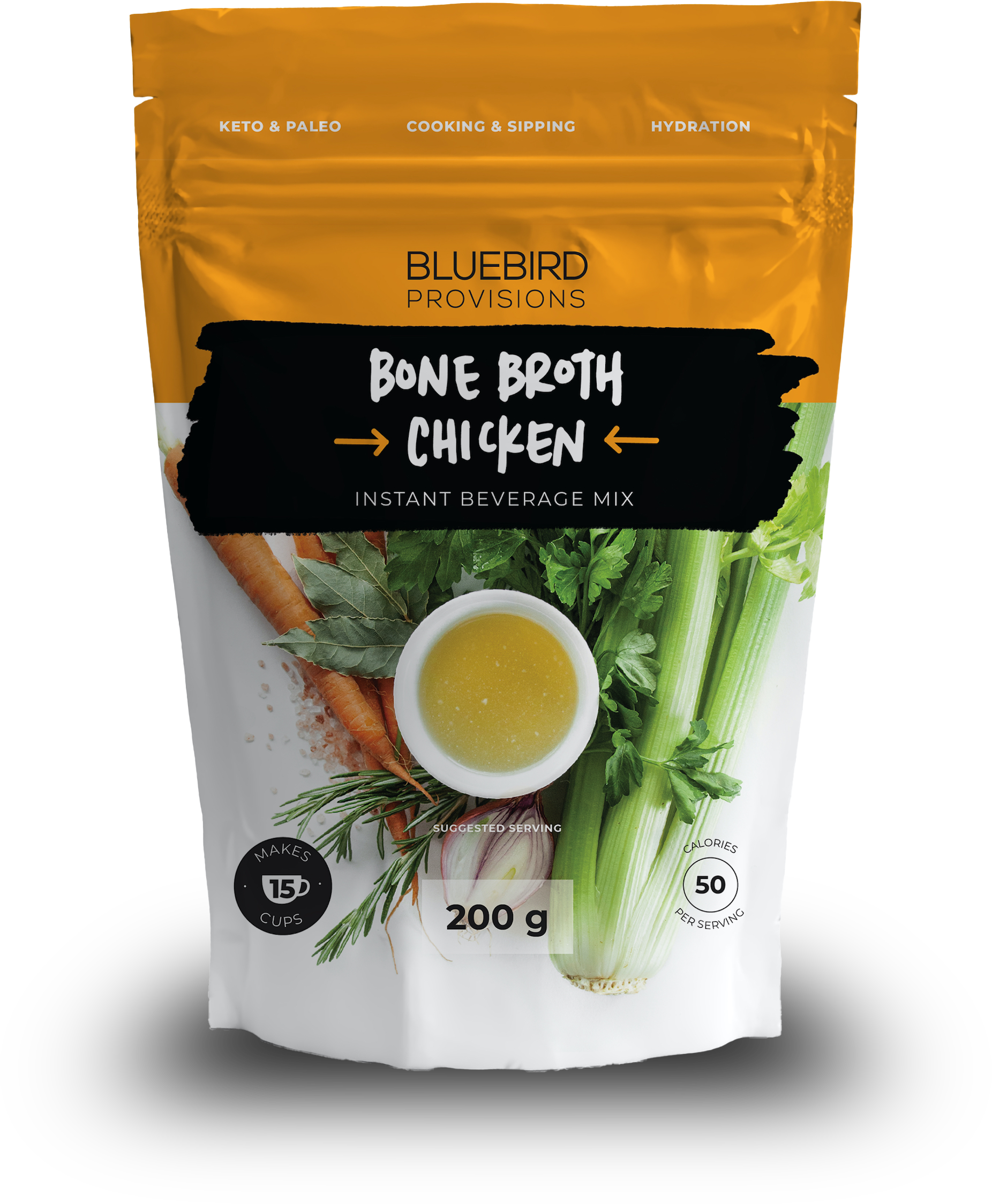
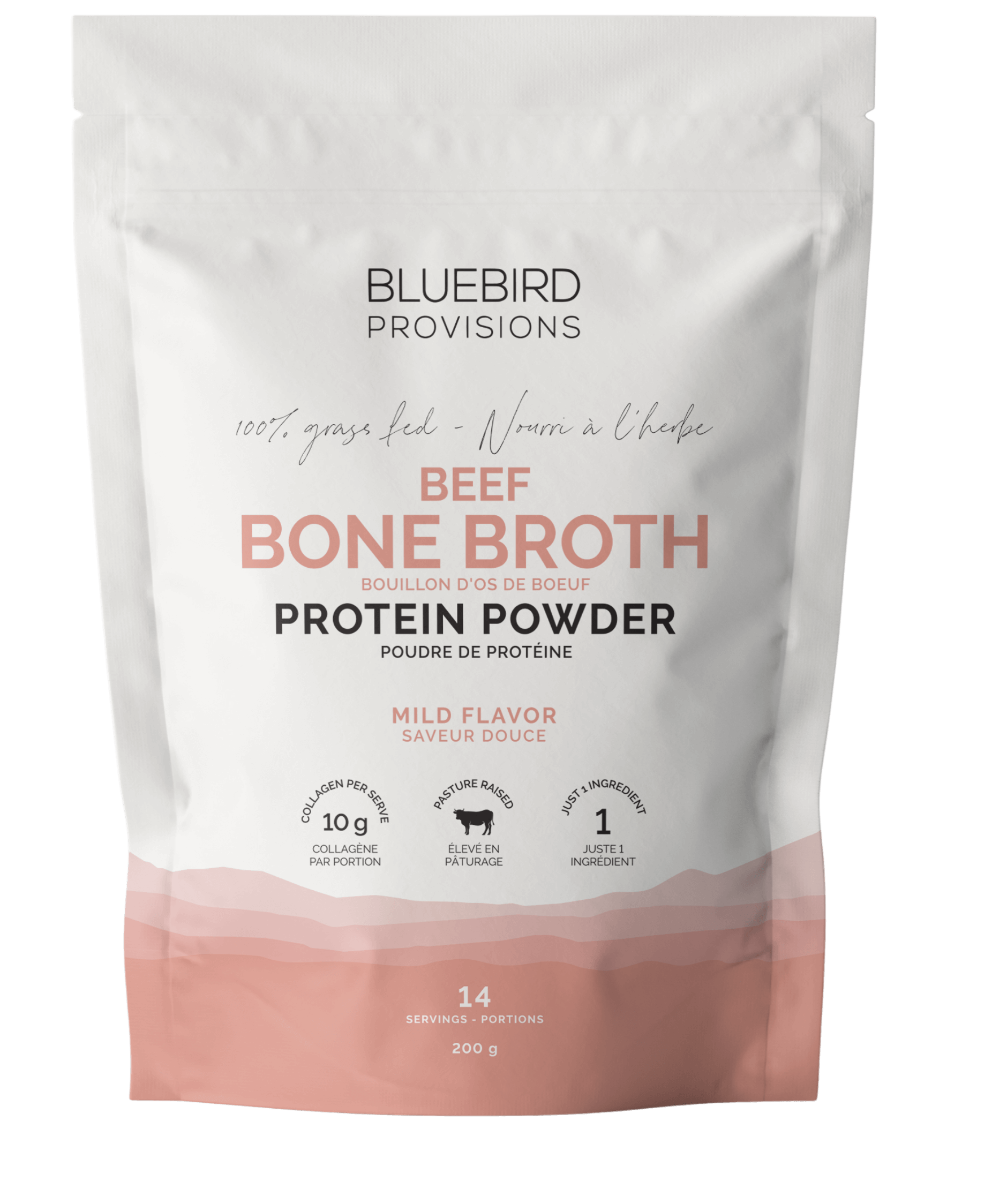
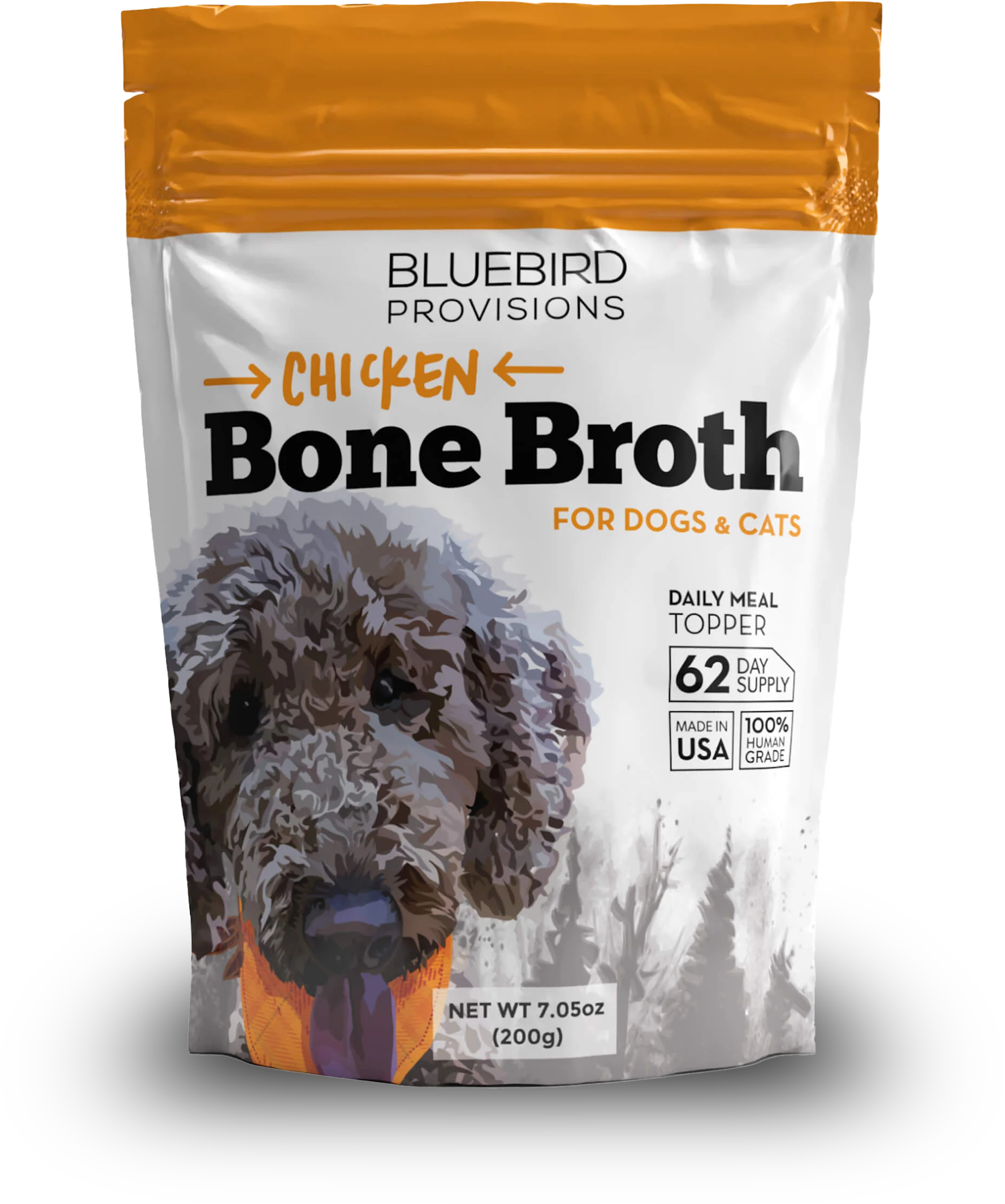
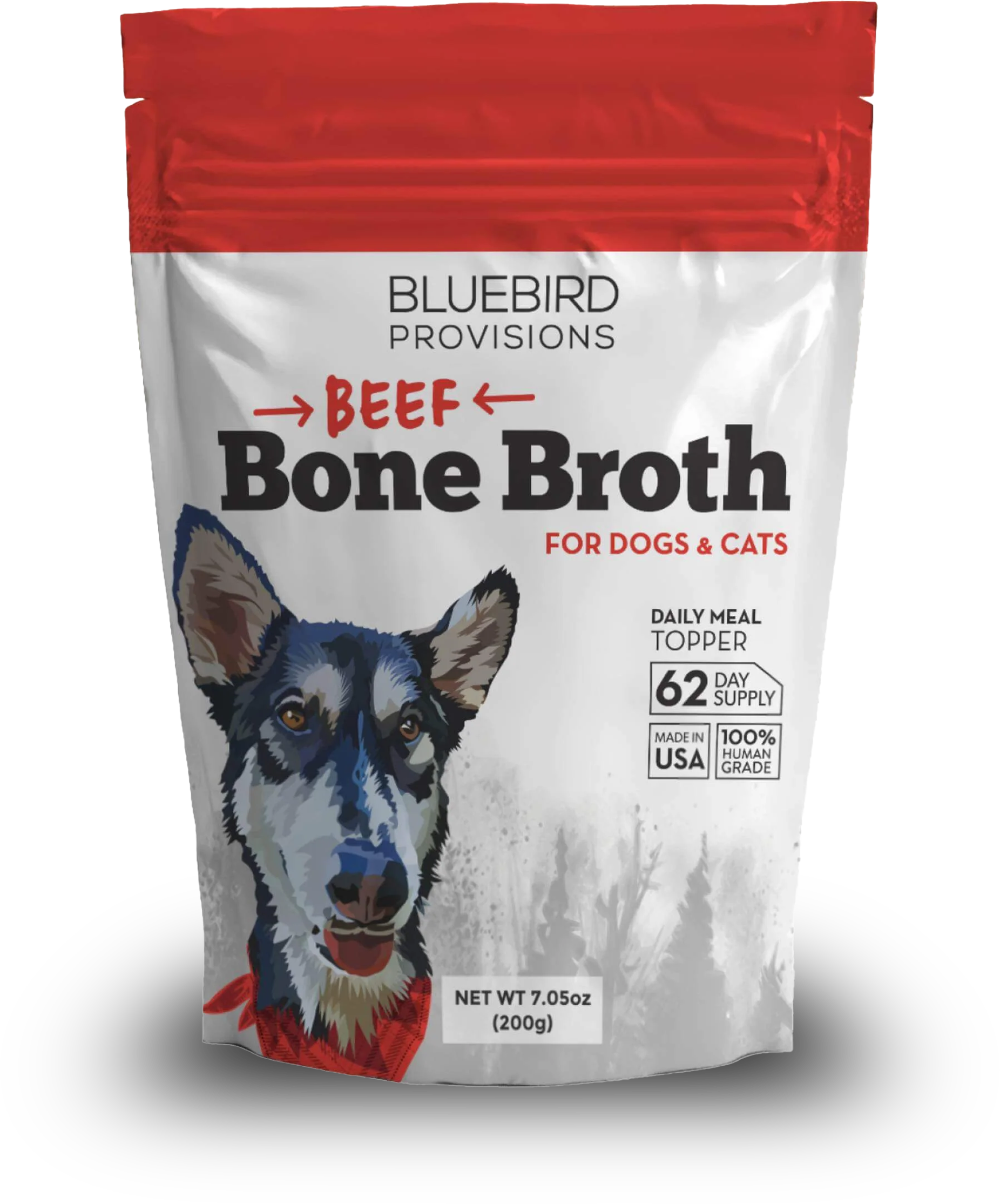
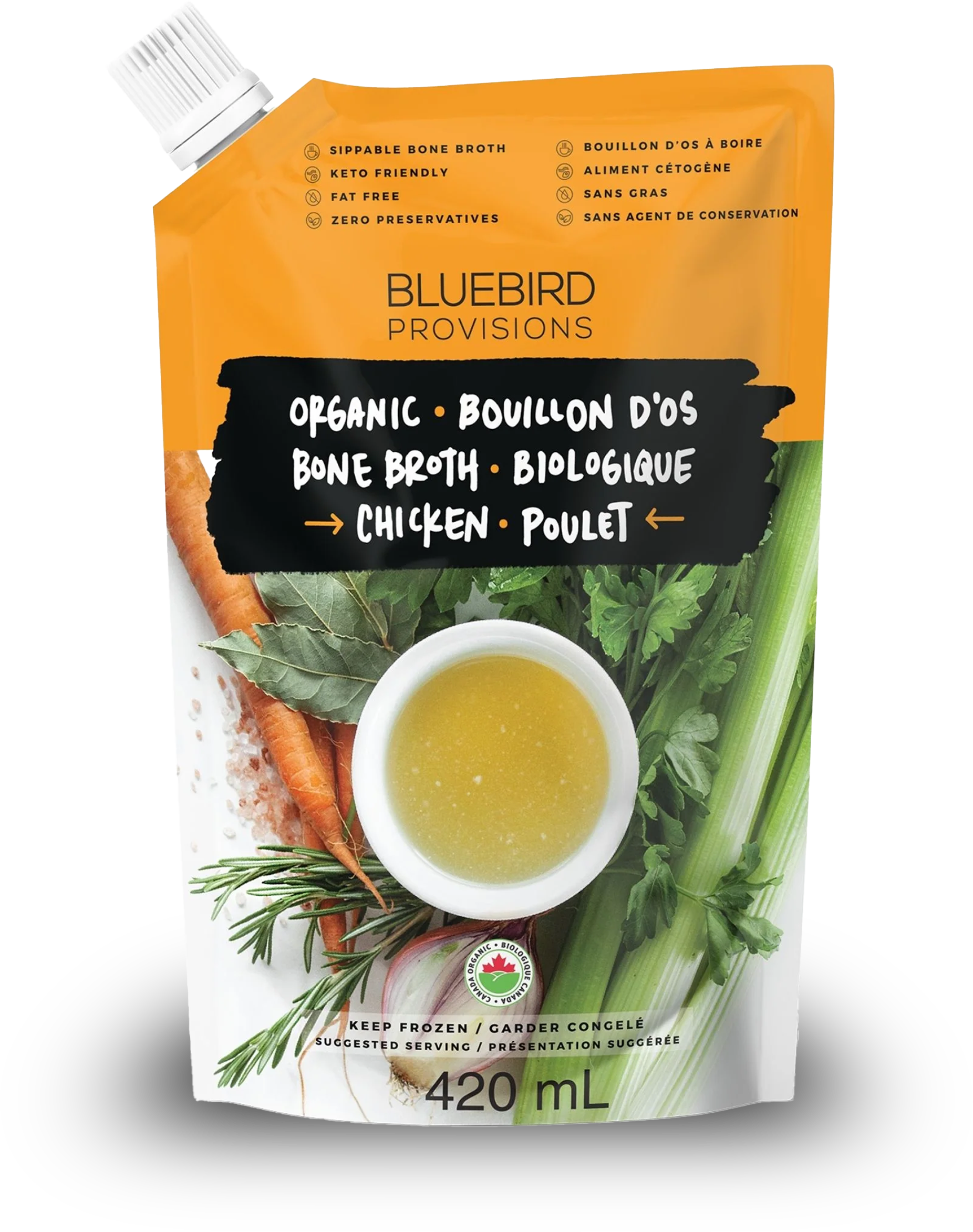
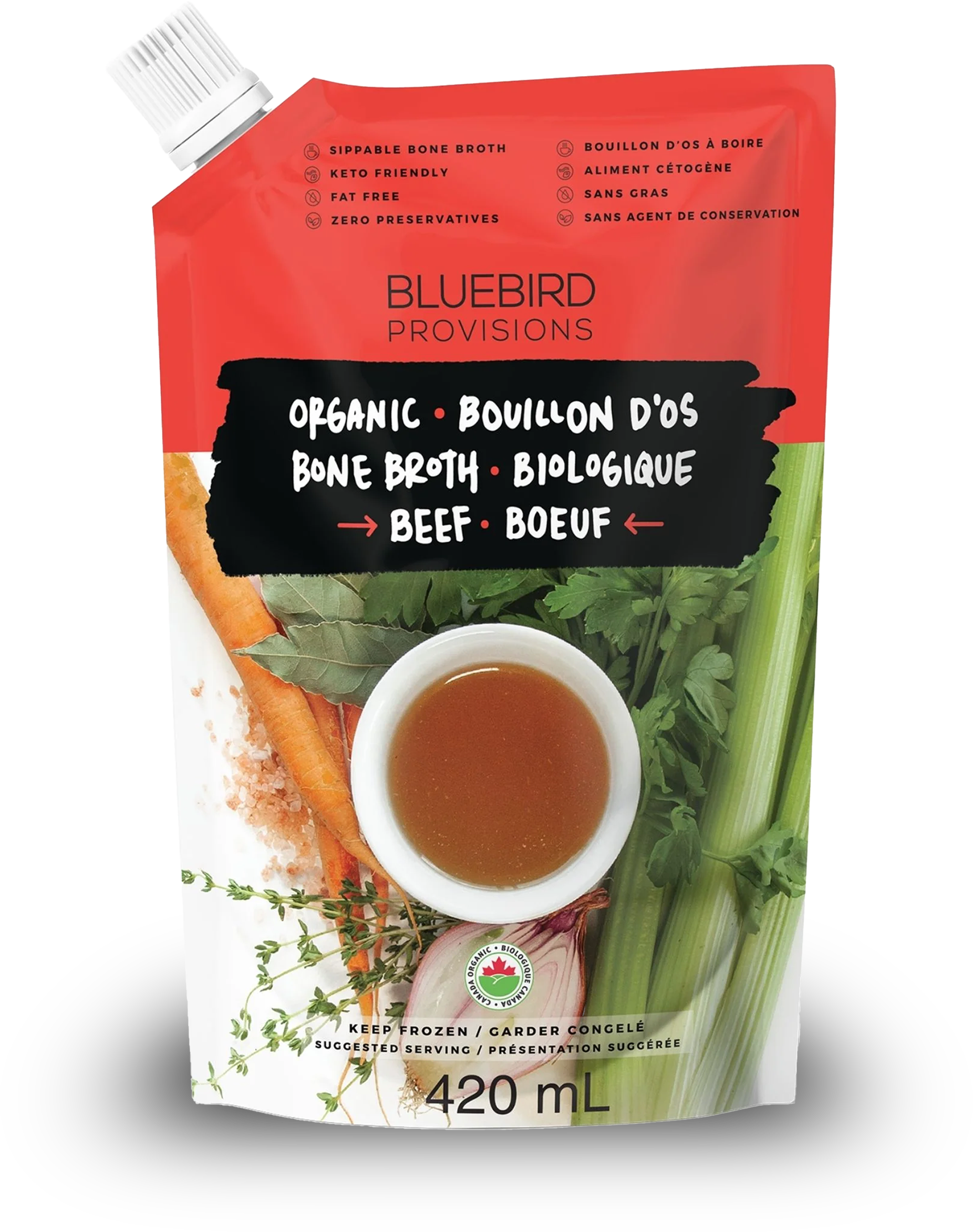



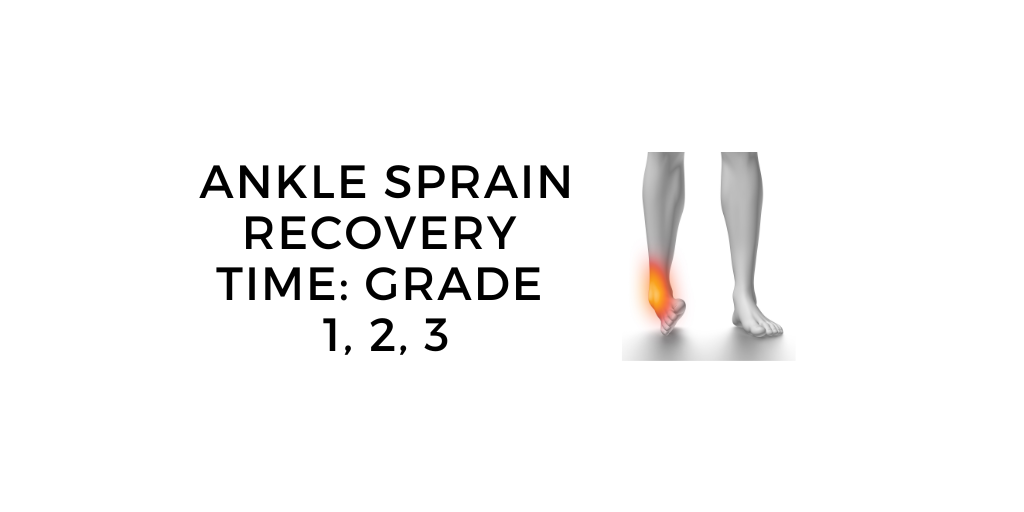
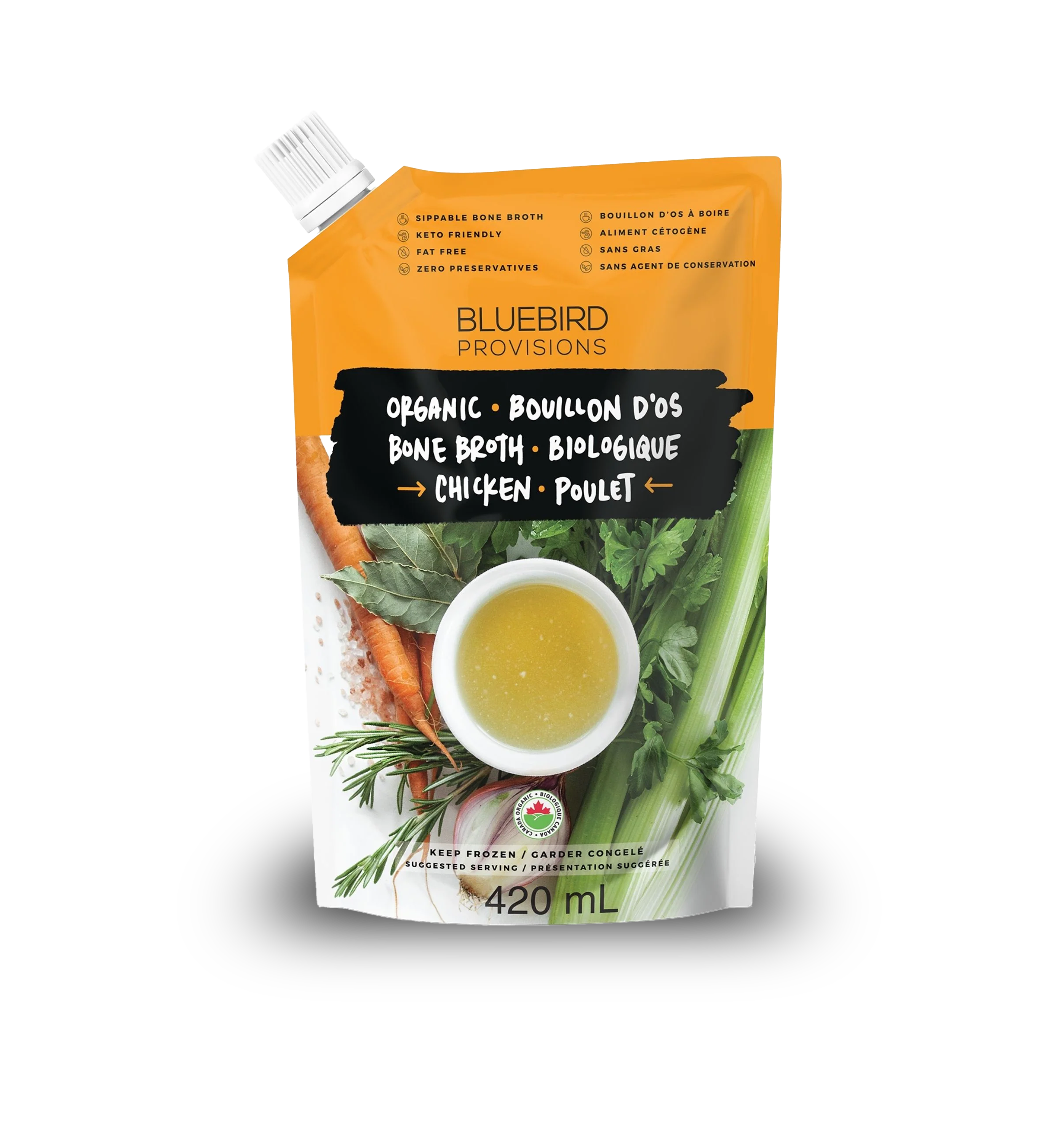
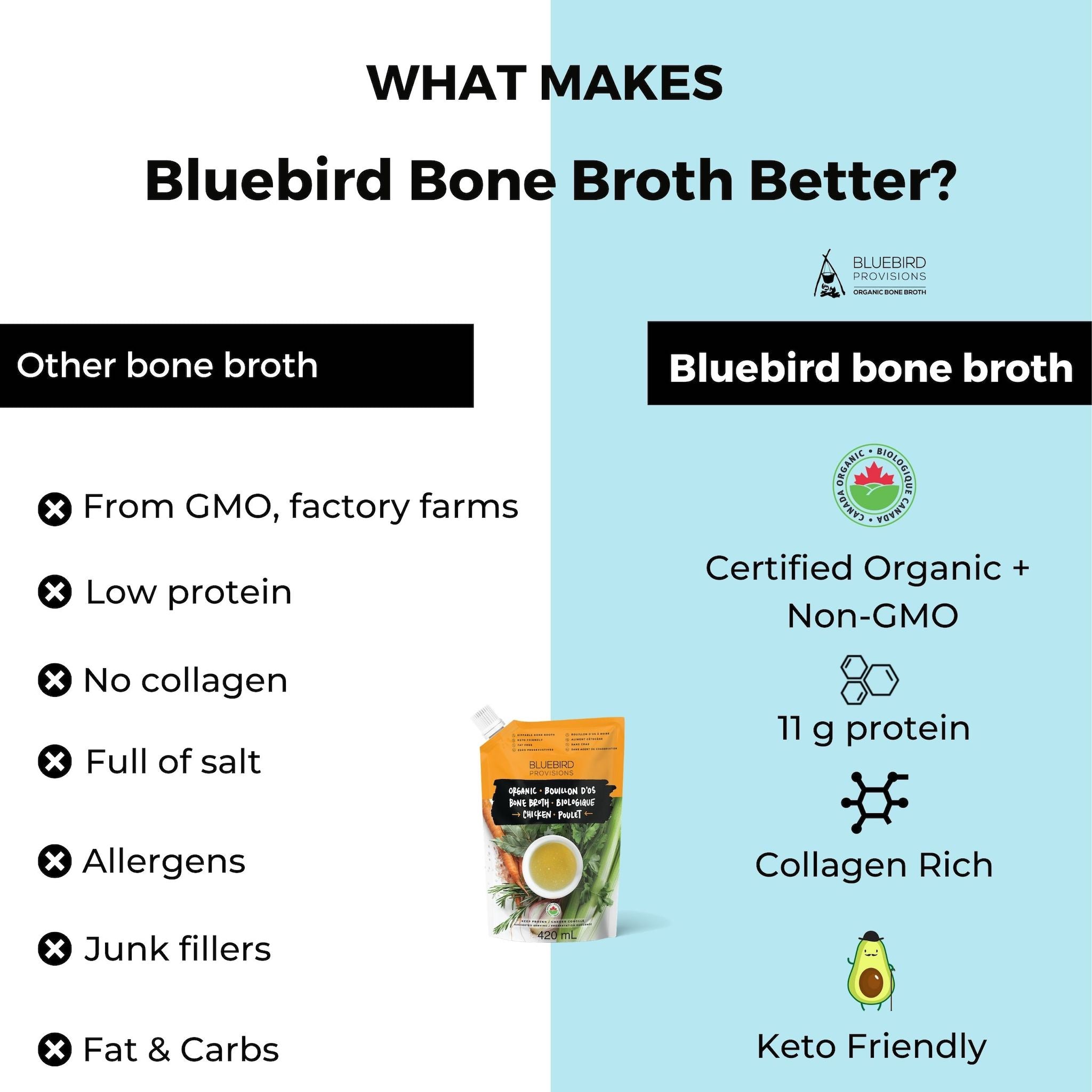
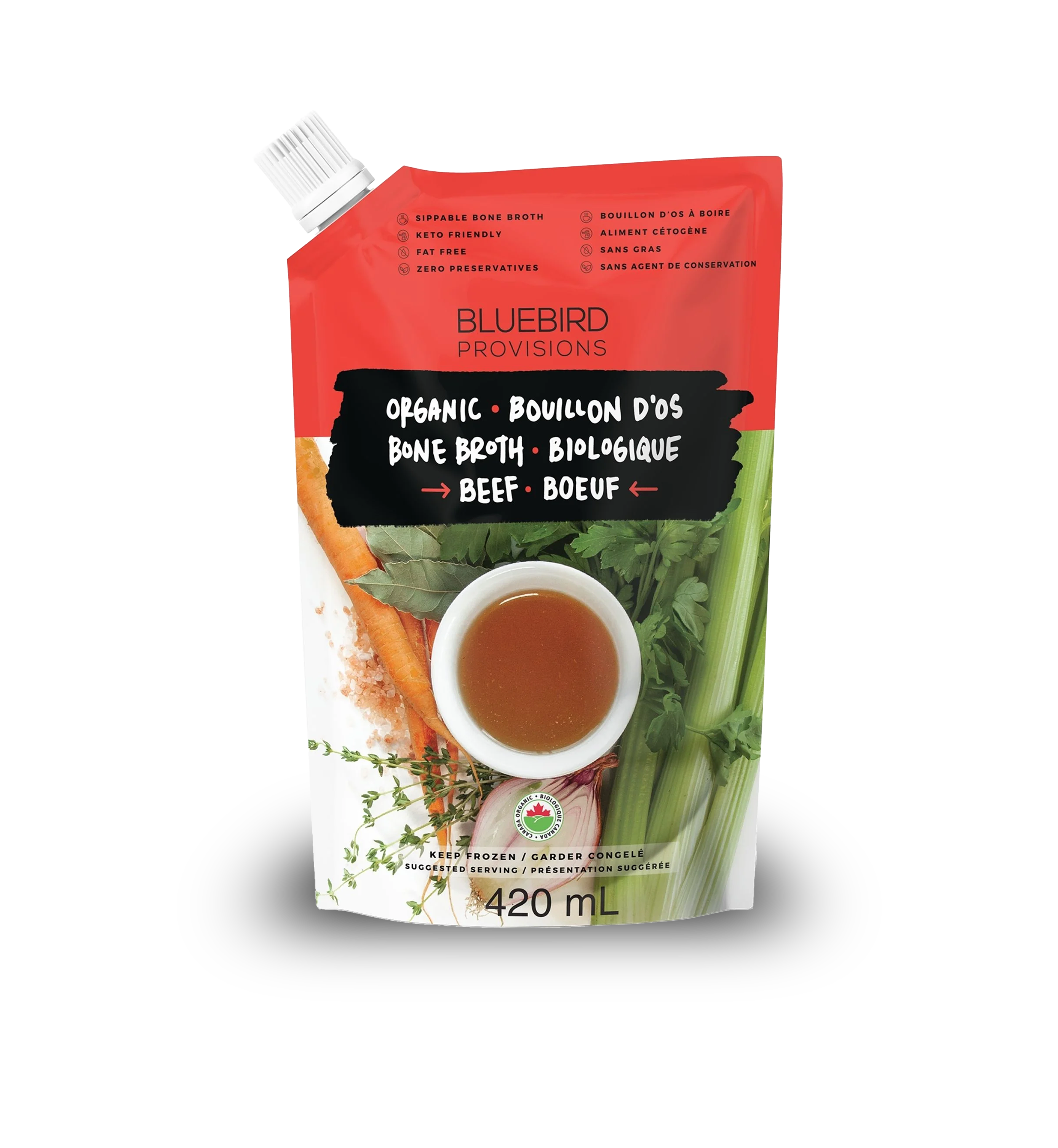
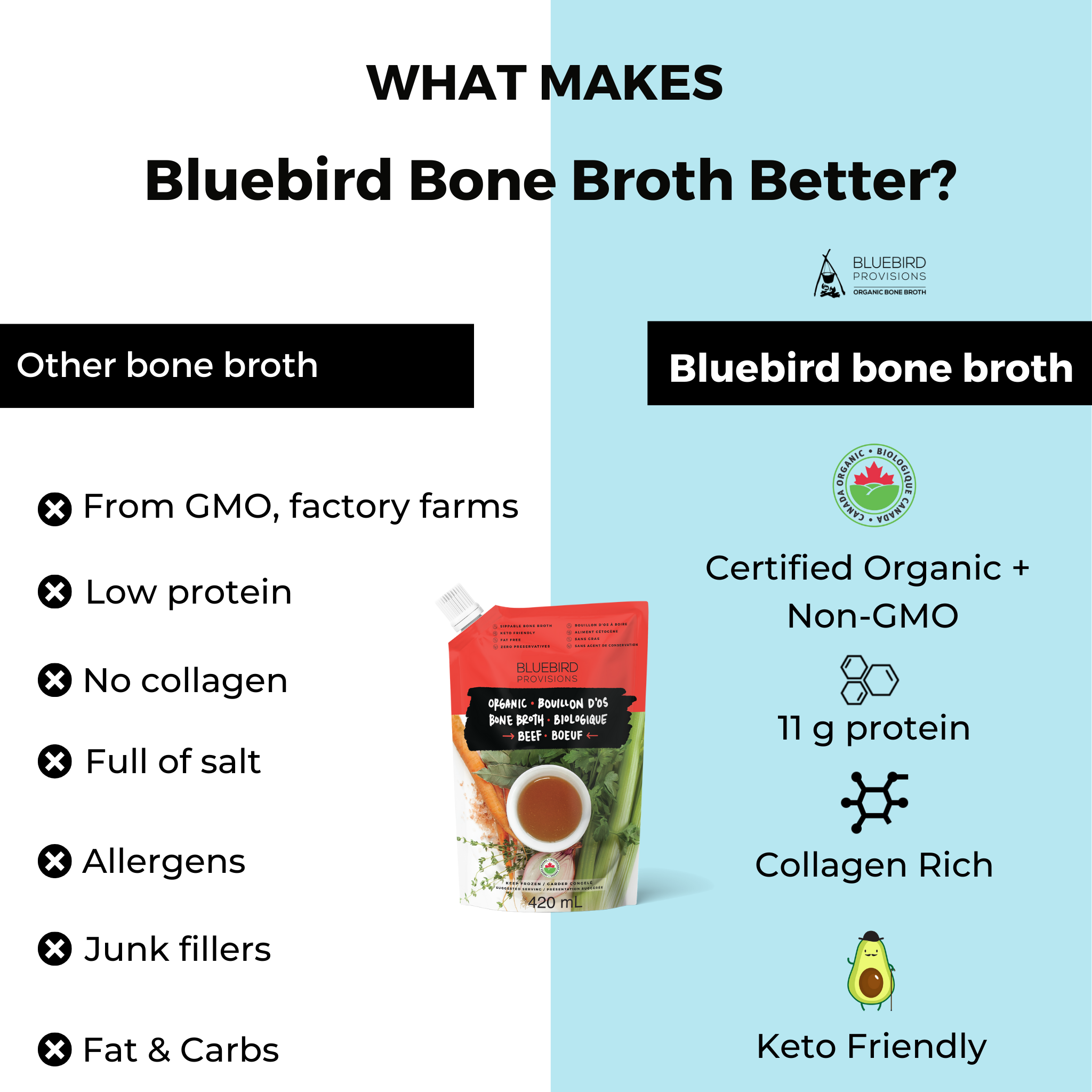
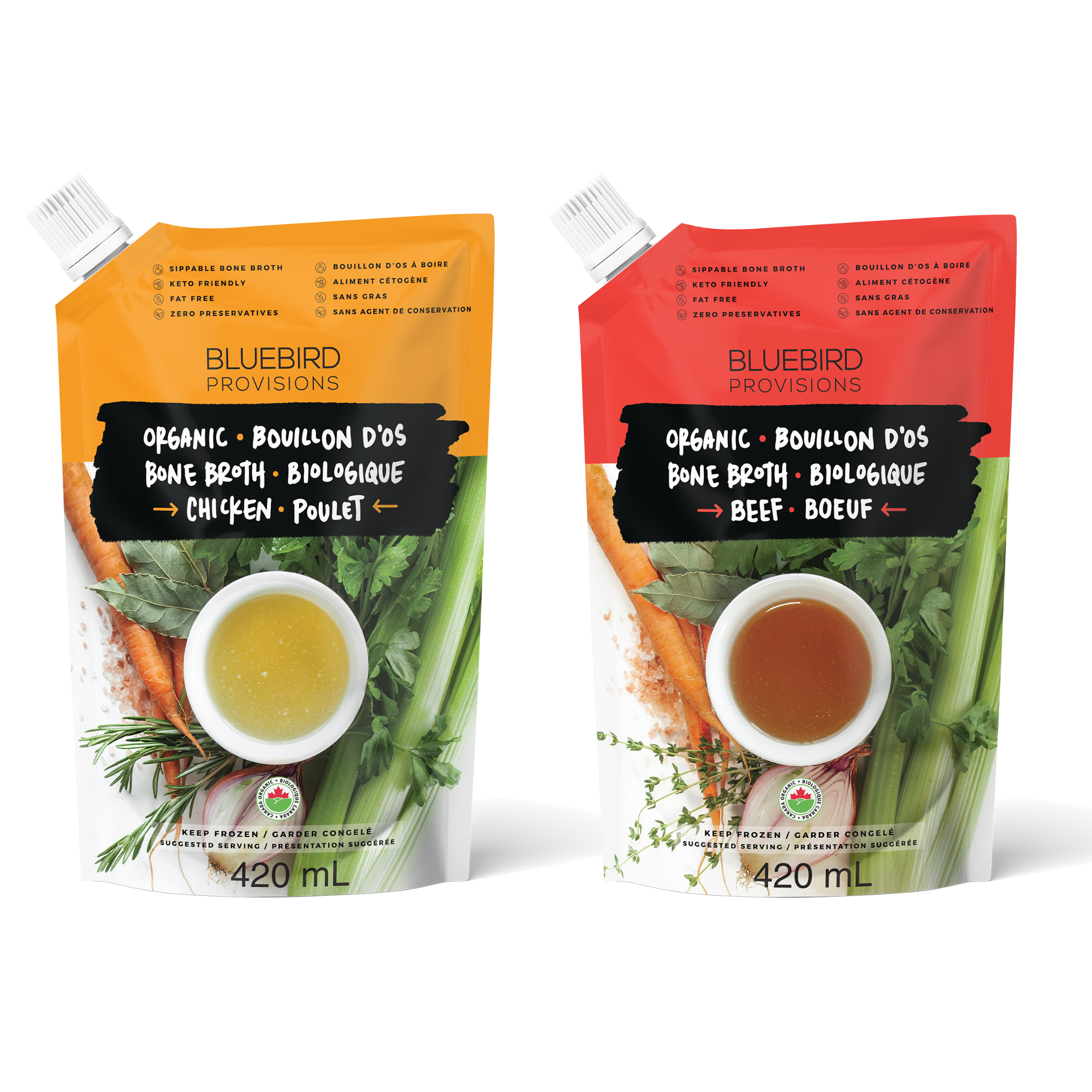

3 comments
Woow, Very in-depth article, I must say. I am a physiotherapist at Painfree Physiotherapy, Dwarka, Delhi, India. We always suggest our patients have Bluebird Provisions Chicken Bone Broth, those who always complain about joint pain.
Joyce Daniels
Hi Mary,
Thanks for leaving a comment. I’m so glad that the bone broth is helping your aches and pains!!
talk soon.
connor
Connor at Bluebird Provisions
WOW, Connor! Absolutely amazing information!! So many things I didn’t know! Love my bone broth and have been slowly increasing the length of my daily walks. I know the bone broth helps. My hips would fail before, but now they are so much better. I would not give up my Bluebird Provisions Chicken Bone Broth for anything!! It calms my aches and pains and also my stomach. It is just such a soothing drink…Almost time to order again….!! Thanks again…..mary
Mary S Spiering
Leave a comment
This site is protected by hCaptcha and the hCaptcha Privacy Policy and Terms of Service apply.